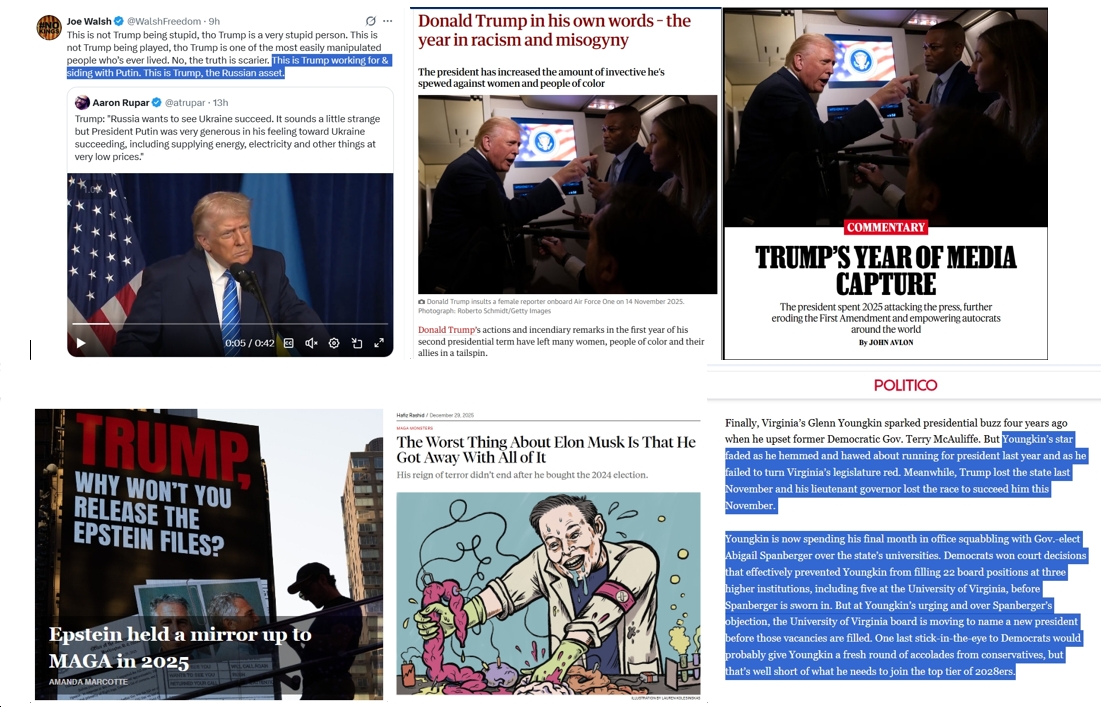 If true, this truly sucks.
If true, this truly sucks.
“We are going to have to win these races one by one,” said Representative Chris Van Hollen of Maryland, chairman of the Democratic Congressional Campaign Committee, conceding that the party would ultimately cut loose members who had not gained ground.
With the midterm campaign entering its final two months, Democrats acknowledged that several races could quickly move out of their reach, including re-election bids by Representatives Betsy Markey of Colorado, Tom Perriello of Virginia, Mary Jo Kilroy of Ohio and Frank Kratovil Jr. of Maryland, whose districts were among the 55 Democrats won from Republicans in the last two election cycles.
What’s so frustrating here is that all of these Democrats – Markey, Perriello, Kilroy, Kratovil – voted “yes” on the American Clean Energy and Security Act (ACES), and two – Perriello and Kilroy – voted “yes” on the Affordable Health Care for America Act. Yet these are the candidates the DCCC is talking about ditching? Lame.
So, a few questions for the DCCC: 1) Are the polls on these representatives’ races really worse than those for Glenn Nye and other supposed “Democrats” who voted “nay” on both ACES and health care reform?; 2) More broadly, shouldn’t you be rewarding Democrats who took tough/courageous votes for Democratic Party priorities and not rewarding those who decided, as Monty Python might say, to “run away!?!”; 3) Should you really be spending the money that we give you on candidates who go around bashing their own party, its ideals, and its leadership?
Yes, I understand that this is politics, and that it can be ruthlessly Machiavellian. But seriously, DCCC, do you really expect activists to give you money and support when you do @#$@ like this? Just sayin’.
UPDATE: The DCCC has issued a statement (see after the “flip”), essentially denying the New York Times story. I guess time will tell…
UPDATE #2: Paul Goldman weighs in with some interesting thoughts on all this.
“Today’s New York Times story erroneously suggests that the DCCC has decided not to allocate resources to specific campaigns. That simply is not the case.
“The Members of Congress referenced in the article are all running strong campaigns focused on their solid records and drawing sharp distinctions between themselves and their opponents on the key issues at stake in this election. The DCCC is heavily invested in these campaigns. In each campaign mentioned, the DCCC has provided and continues to provide support for field operations and other key campaign activities.
“House campaigns are won race-by-race on the ground and our Members and candidates are running aggressive voter contact programs focused on the choice between policies that will accelerate job growth and those that would kill the fragile recovery. House Republican candidates, whose views are far out of the mainstream of swing districts, will have to answer for their plans to: repeal the law to rein in reckless speculation on Wall Street; give subsidies to companies that outsource American jobs; bust the budget and balloon the deficit; and privatize Medicare and Social Security.
“Every campaign cycle the DCCC and other campaign committees face difficult resource allocation decisions and this election cycle is no different. What is different is the kind of choice before the American people at this critical juncture – do we move forward and build on the fragile economic progress we have made or do we adopt an economic agenda that will kill the budding job growth and send us back into a deep economic ditch.”



![Sunday News: “Trump Is Briefed on Options for Striking Iran as Protests Continue”; “Trump and Vance Are Fanning the Flames. Again”; “Shooting death of [Renee Good] matters to all of us”; “Fascism or freedom? The choice is yours”](https://bluevirginia.us/wp-content/uploads/2026/01/montage011126.jpg)

![Thursday News: “Europe draws red line on Greenland after a year of trying to pacify Trump”; “ICE Agent Kills Woman, DHS Tells Obvious, Insane Lies About It”; “Trump’s DOJ sued Virginia. Our attorney general surrendered”; “Political domino effect hits Alexandria as Sen. Ebbin [to resign] to join Spanberger administration”](https://bluevirginia.us/wp-content/uploads/2026/01/montage010826.jpg)












